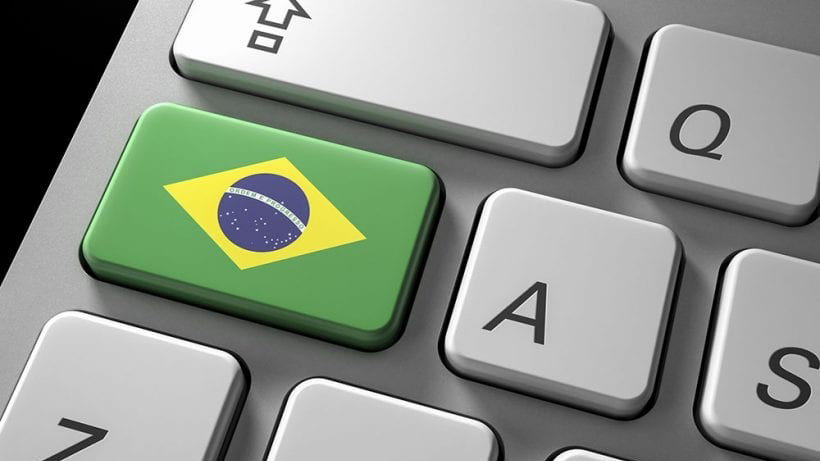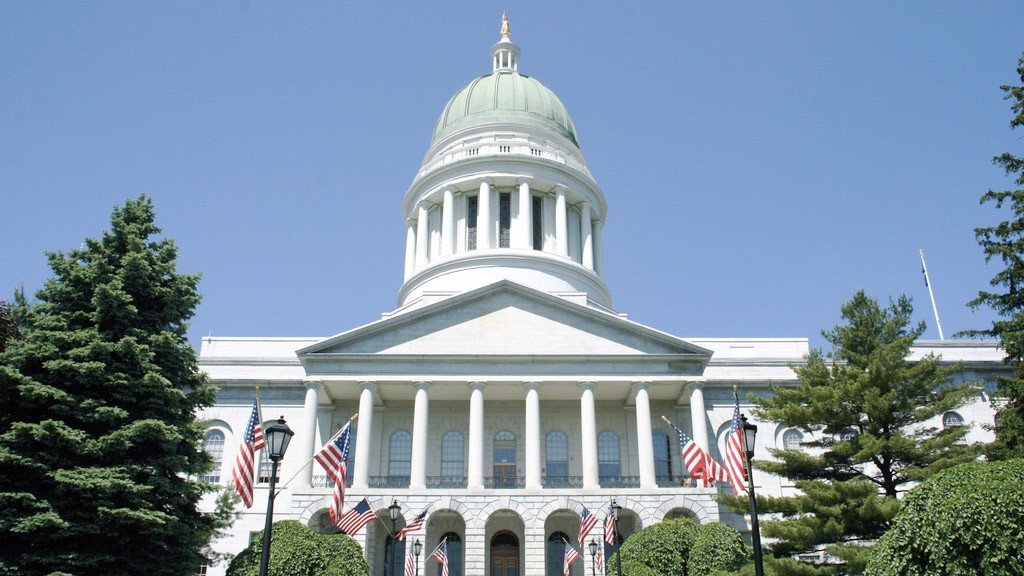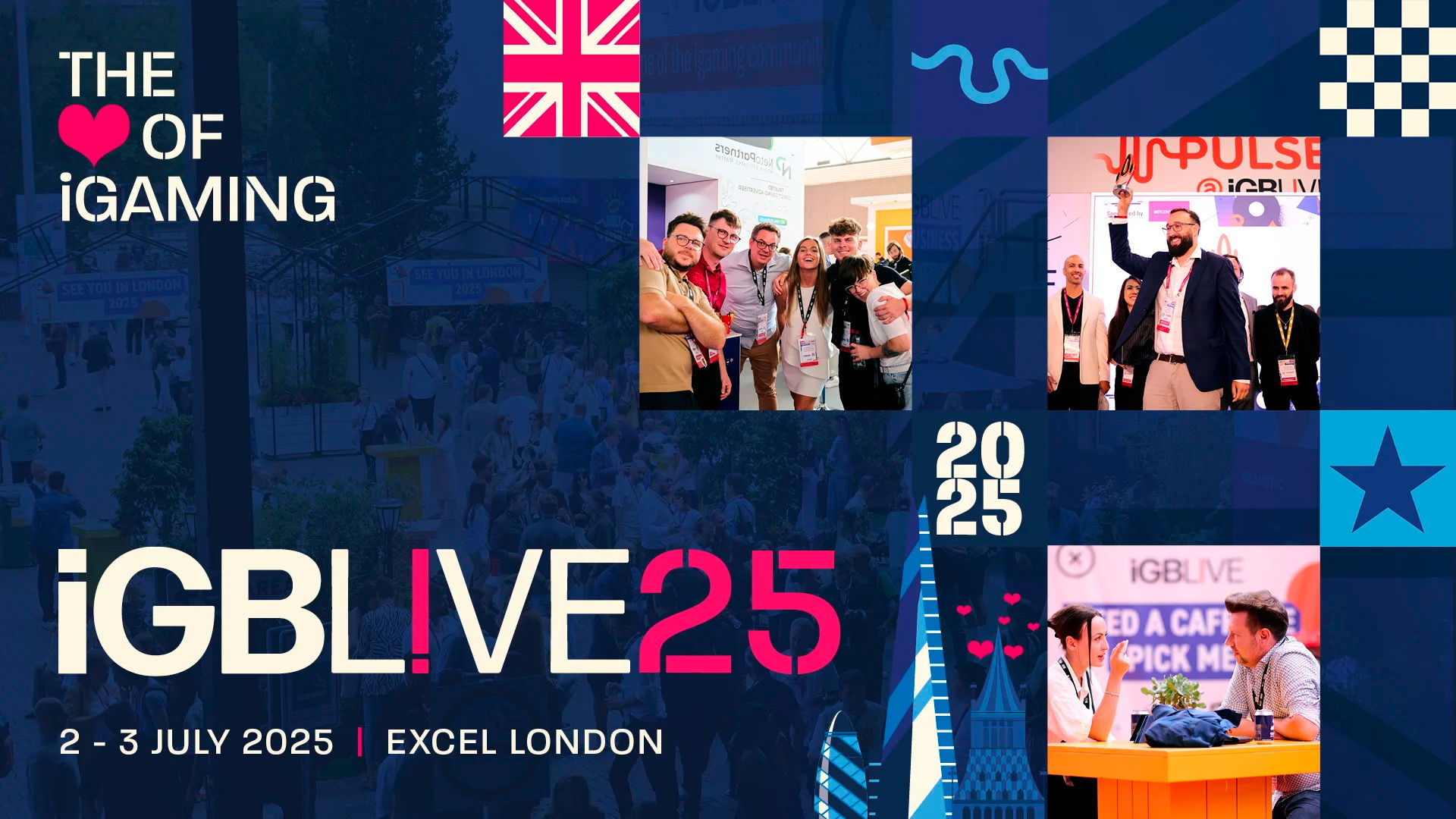Brazil issues ordinance defining rules for sports betting and online gaming authorization

Brazil's government has mandated that gaming operators must secure licenses by December 31, 2024, or face penalties starting January 1, 2025, according to a newly published ordinance.
The Secretariat of Prizes and Betting (SPA) under the Ministry of Finance issued Ordinance 827 on Wednesday, detailing comprehensive regulations for sports betting and online gaming. The ordinance, which includes ten annexes, sets the licensing fee at BRL 30 million ($5.9 million) for up to three brands, valid for five years. The SPA has a 150-day window to approve or reject applications.
The ordinance stipulates that only legal entities with prior SPA authorization can commercially exploit fixed-odds betting and online gaming. Existing operators must comply with the new regulations by December 31 or cease operations from January 1, 2025.
To apply for a license, companies must be headquartered in Brazil and have at least 20% Brazilian ownership. Foreign operators must establish a local subsidiary meeting these criteria. The application process involves submitting legal and financial documentation, including identification of controllers, proof of fiscal and labor regularity, and evidence of a financial reserve of at least BRL 5 million for prize payments.
Applications submitted within 90 days of the ordinance's publication will receive priority. The BRL 30 million grant fee must be paid within 30 days of SPA approval notification, which will be communicated via the Betting Management System (SIGAP).
Additionally, operators must demonstrate compliance with responsible gaming practices, anti-money laundering measures, and match-fixing prevention protocols. They are required to provide round-the-clock customer service in Portuguese and be associated with an independent sports integrity monitoring organization.
The Ministry of Finance aims to finalize the regulatory process by the end of 2024, despite industry concerns about the ambitious timeline. Experts predict potential delays, but the Ministry is increasing SPA's workforce to meet deadlines.
Operators who fail to secure a license by December 31 will face penalties from January 1, 2025. The ordinance also mandates technical certification of betting systems and specifies tax obligations, including a 12% gross revenue tax and a sliding scale monthly inspection fee.
This regulatory framework marks a significant step in Brazil's efforts to regulate its gaming industry, with the SPA set to announce further technical and security requirements by the end of June. Final rules on industry contributions to socially responsible causes are expected by the end of July.

















































